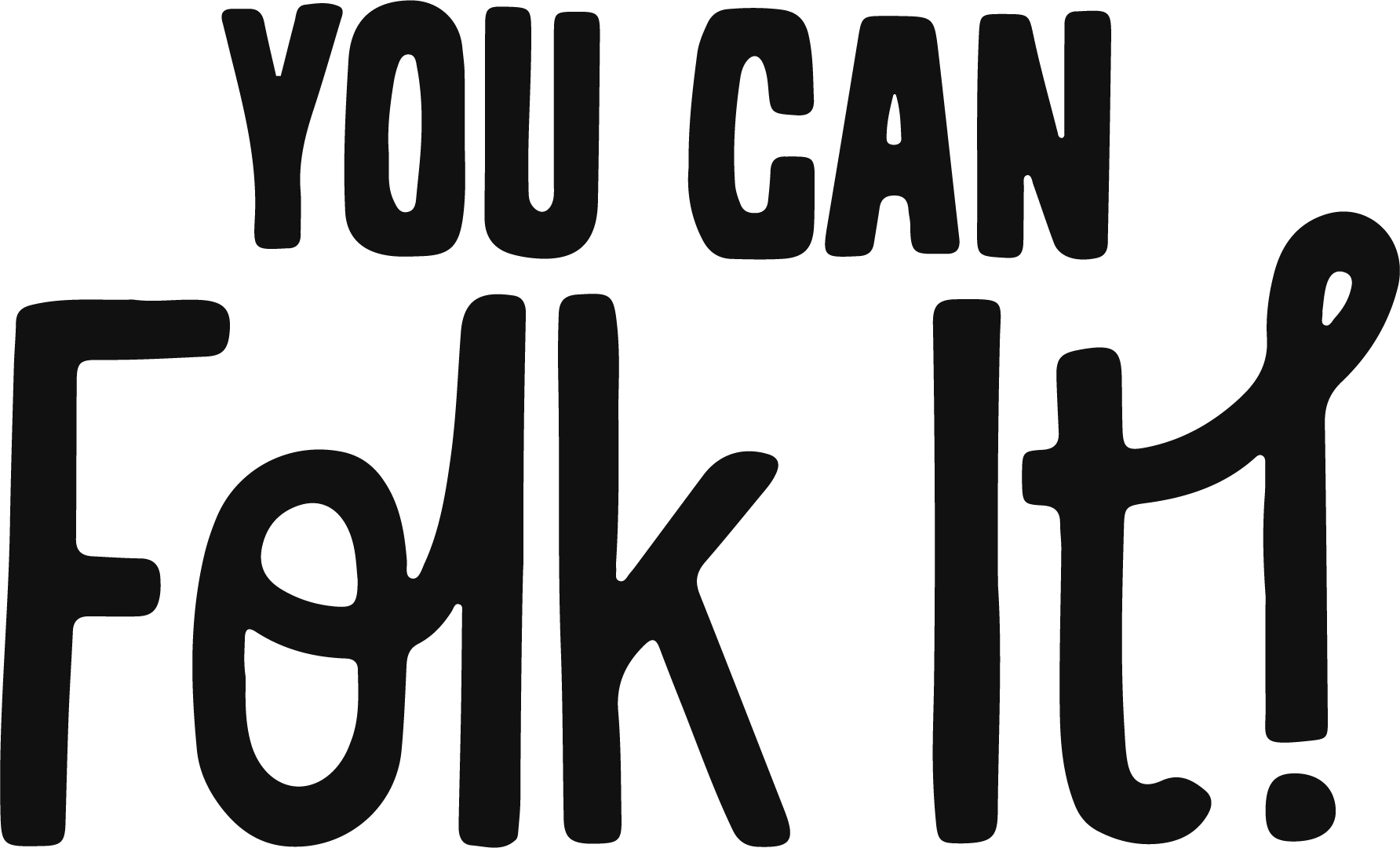When we start out learning something new, we want to be the best we can be. We are enthusiastic and excited, and we want to get back to a level of comfort that we don’t always have as a beginner.
Then someone says, "But you’ll need to invest years to learn that, don't you know it takes thousands of hours to become an expert?". How many of us have heard 'It takes 10,000 hours to master any skill'. According to some, this is the key to mastering a skill and it was first seen in a paper written by Anders Ericsson in the 90s. He was a University Professor who reviewed studies of the practice habits of violin students from childhood through to adulthood. Since then, the idea that we need to commit 10,000 hours to master something new has been widely discussed and referred to by many.
Learning something new can be daunting enough, but holding onto the idea that we need to invest 10,000 hours to be confident in your skills? Somehow it begins to sound like work, it feels stressful and for a lot of people, the element of fun seems to disappear upon hearing this.
A flippant comment like that can stay with us for a long time. It makes the process of learning less enjoyable, it discourages painters in those early stages and it may even stop some painters before they have begun.
As a student learning Folk Art and as a teacher, I’ve seen just how transformative small, regular bouts of practice can be to a painter’s brushstrokes. The advice I give to my students in their early days as a painter is to try to spend 20 minutes a day practicing your brushstrokes. This is the time when they need to train their hand how to hold the brush and their arm how to move in order to build muscle memory. Whether my student was painting with acrylic or painting brushstrokes with water while they waited for the kettle to boil, this practice created a real difference in their brushstrokes in just a few short weeks.

One of our students first Vintage Rose projects (above).

The same student's Vintage Rose plant pot created a year later, after regular 20 minute practice sessions.
When we pluck up the courage to learn a new skill, very few of us wish to become an expert, so why have we adopted the idea of 10,000 hours so readily? In a recent video, Josh Kaufman states that to learn anything, and to go from a complete beginner to being good, to feeling confident about your skills takes about 20 hours. Now doesn't that sound much more achievable? It certainly feels more hopeful and more fun!
By being mindful for that 20 minutes a day is all that stands between beginner brushstrokes and confident, well-shaped brushstrokes, and we are less likely to give up when we hit an obstacle. Those early hours of practice may be frustrating, but if you can commit to 20 minutes a day, you will see your commitment pay off.
So, next time you see the 10,000-hour rule somewhere, think twice. Learning something new is achievable and it doesn't take years. If, after your 20 hours is over, you wish to give up; walk away from it but don't dabble. Don't listen to the voice in your head telling you to give up after a few mistakes, you may miss out on more than you think.
What do you think? Do you agree with the 10,000 rule or has your learning experience been different? Please let us know in the comments.
Until next time x
